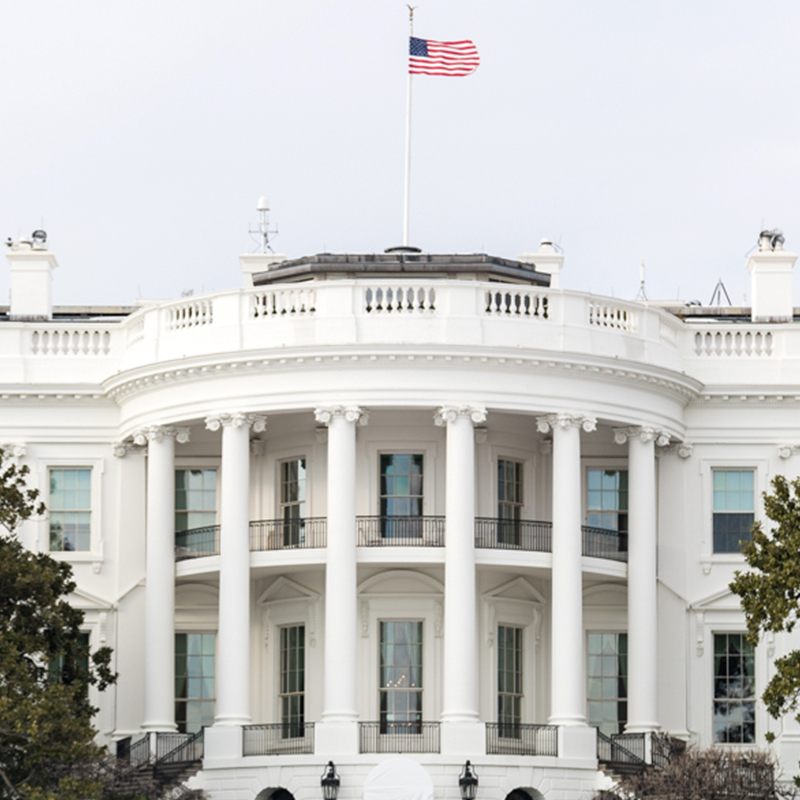Twitter Changes Policy On Blocking ‘Hacked Materials’

Twitter will no longer block links to articles containing hacked materials, following criticism over treatment of controversial New York Post article
Twitter has changed a policy that had blocked users from sharing a link to a New York Post article about US presidential candidate Joe Biden and his son Hunter.
The social network initially barred people from sharing the link under its Hacked Materials policy, which seeks to inhibit the spread of content that has been acquired as a result of a hack.
Twitter’s Vijaya Gadde said such posts will now be flagged as containing hacked material, rather than blocked.
Materials shared directly by hackers will still be blocked, she said.

‘Hacked Materials’
The Post article contained screenshots of emails allegedly sent and received by Hunter Biden, as well as personal photos of Hunter Biden, allegedly removed from a laptop computer while it was in a shop for repairs.
Twitter did not initially explain why it was not allowing the link to be shared, leading to accusations of censorship and bias.
Twitter chief executive and founder Jack Dorsey said the earlier policy was “wrong”.
“Straight blocking of URLs was wrong, and we updated our policy and enforcement to fix,” he said in a Twitter post.
“Our goal is to attempt to add context, and now we have capabilities to do that.”
Social networks such as Twitter and Facebook have been tightening their misinformation policies ahead of the US presidential election on 3 November.
‘We can do better’
They have faced criticism for blocking or labelling information considered misleading that has been posted by US president Donald Trump.
On Tuesday the Senate Judiciary Committee plans to vote on whether to subpoena Dorsey to appear before it to face questions over Twitter’s removal of the link to the controversial Post article.
“We put the Hacked Materials policy in place back in 2018 to discourage and mitigate harms associated with hacks and unauthorised exposure of private information,” Vijaya Gadde, legal, policy and trust and safety lead at Twitter, said in a Twitter message.
“We tried to find the right balance between people’s privacy and the right of free expression, but we can do better.
“We believe that labeling Tweets and empowering people to assess content for themselves better serves the public interest and public conversation.”
Facebook also limited the distribution of the Post article as part of what it called a “standard process” to allow third-party fact-checkers to determine whether the content should be treated as misinformation.